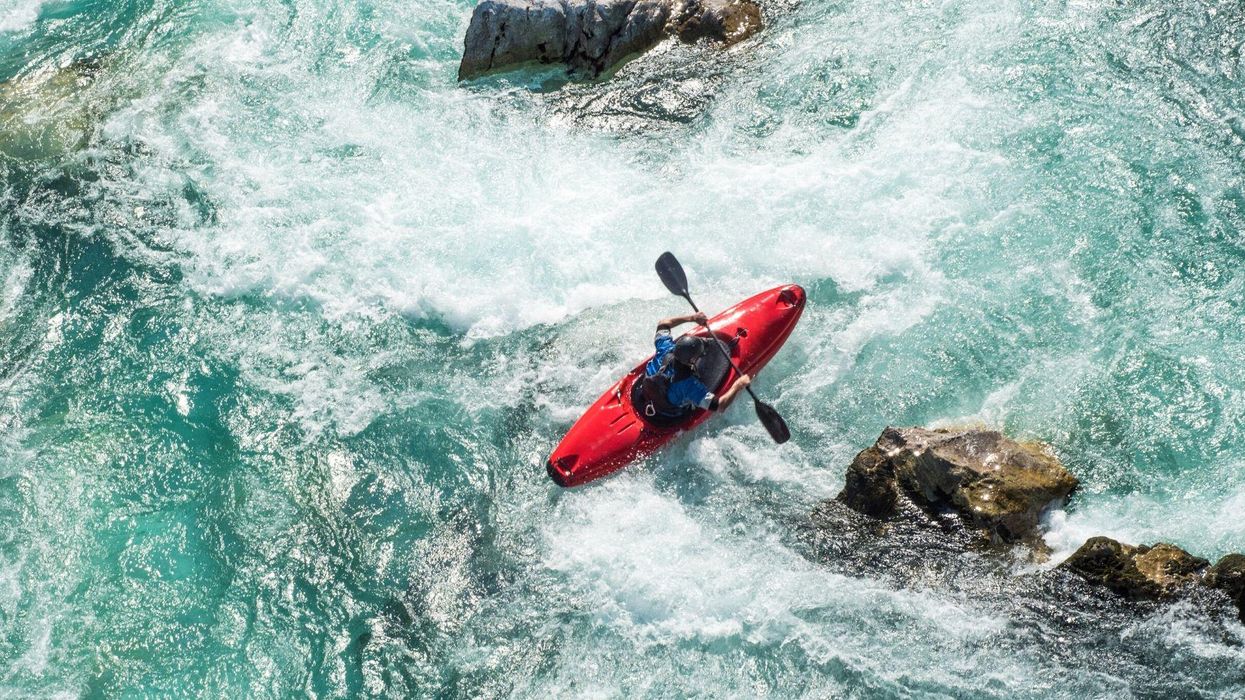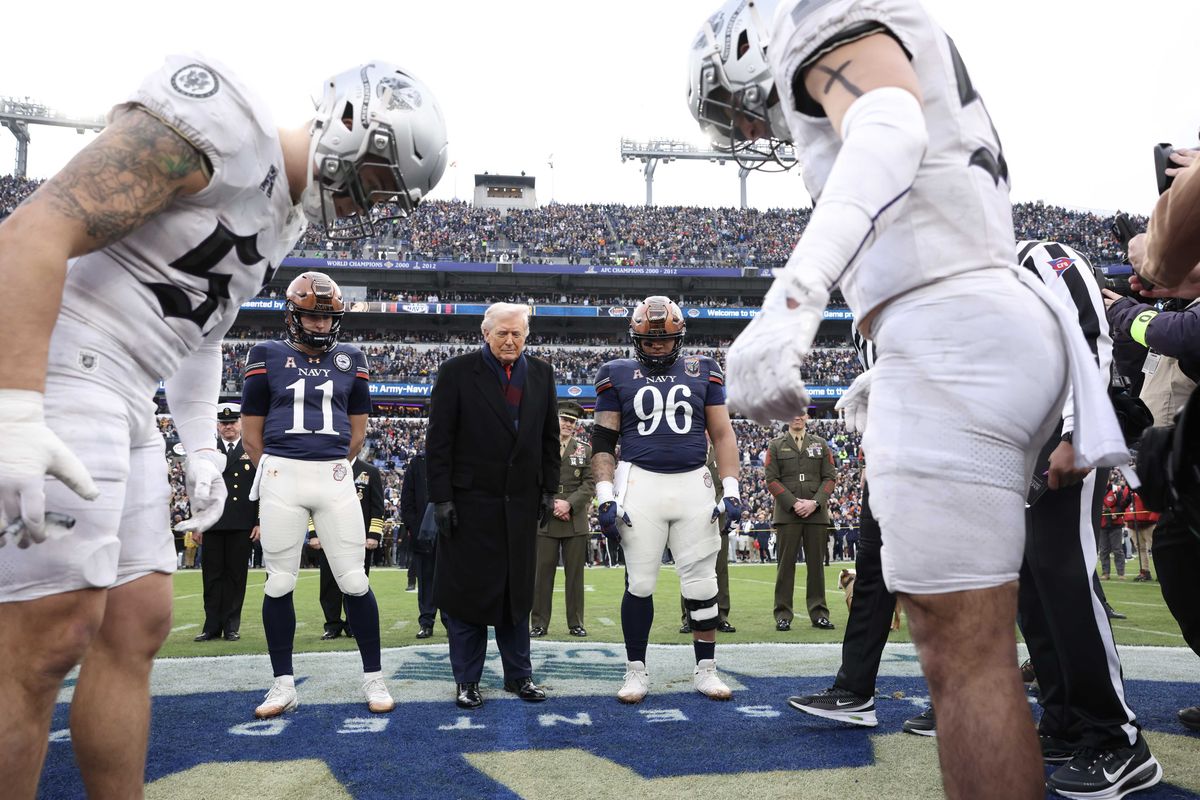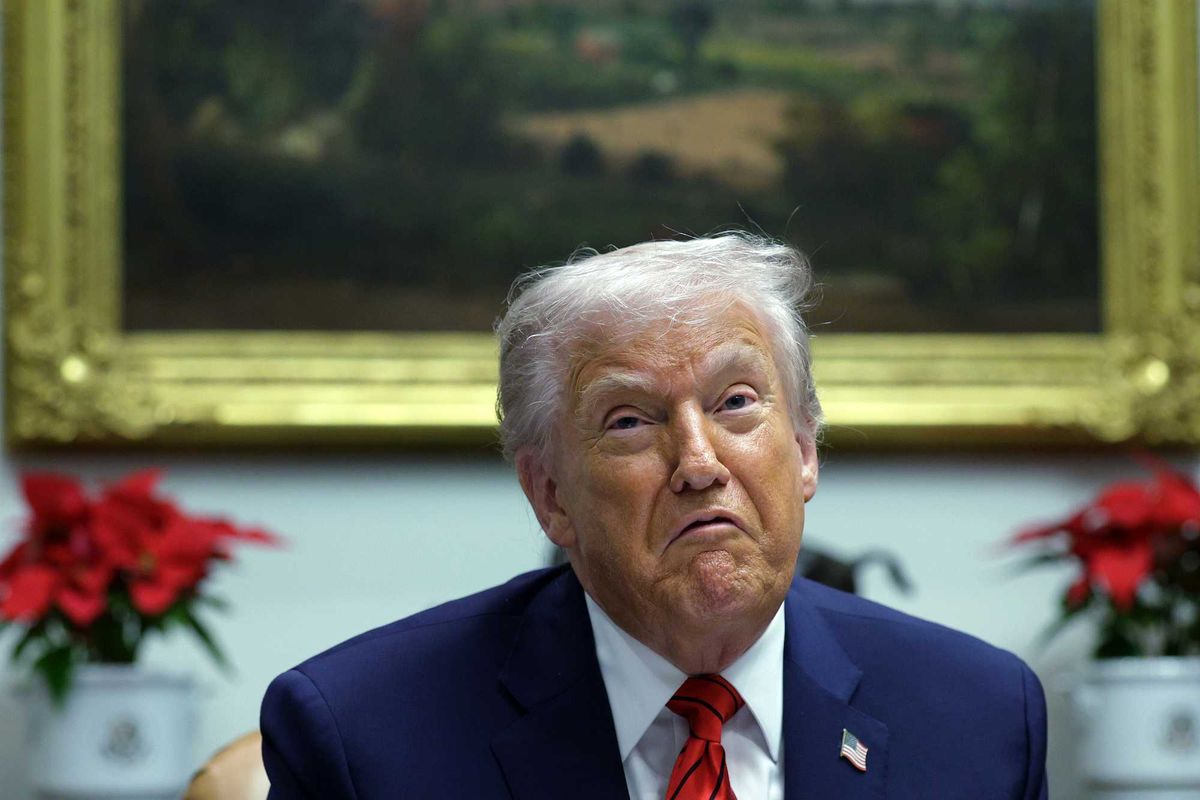News
James Besanvalle
Apr 21, 2020
A man who embarked on a solo kayak trip to a remote island in Queens, NY was left stranded when he capsized and had to be rescued by the NYPD.
The 36-year-old teacher (who would like to remain anonymous) embarked on the kayaking journey on Thursday morning.
Conscious we're in the middle of a global pandemic, he confessed:
It’s a socially distant activity… It was very unlikely that I would run into anyone.
It’s a trip he’s made countless times before – setting off for Ruffle Bar, an abandoned island two miles off the coast of Floyd Bennett Field.
After making it to his destination, he started the journey back but the wind began to pick up and the waves started crashing over into the kayak.
As a result, he capsized and had to swim back to the remote island, where he realised his phone was completely soaked through and unusable.
It started to turn dark so the man found a lighter that was “miraculously” functional, as well as drank the juice from coconuts and wrote the word “help” in the sand using driftwood.
Hours passed and no one came:
It was likely I was gonna spend the night there.
Just before sunrise – and after being officially missing for 12 hours – the man heard a helicopter approaching.
The NYPD explained (with video) how they found the stranded kayaker:
A kayaker takes social distancing to the next level. #NYPD Aviation found the uninjured male stranded on a remote i… https://t.co/reYWWEghIB— NYPD Special Ops (@NYPD Special Ops) 1587129575
The helicopter swooped down to collect the stranded teacher and flew him away from the island.
The man told CBS New York he felt “ashamed” for tying up resources in the midst of a global pandemic:
[The men in the ambulance] were two guys from Illinois who specifically came to New York to deal with the Covid situation. I kind of felt ashamed I was tying up all these resources... but everyone was super nice to me and I’m glad I made it out of there.
In New York City alone, there have been over 136,000 cases of Covid-19, with sadly over 10,000 deaths.
Top 100
The Conversation (0)














